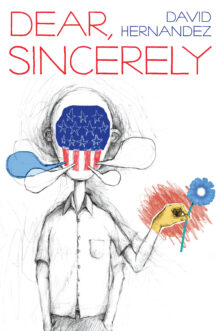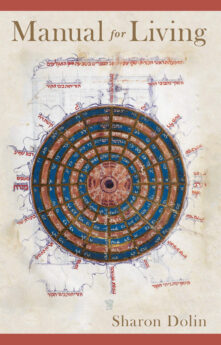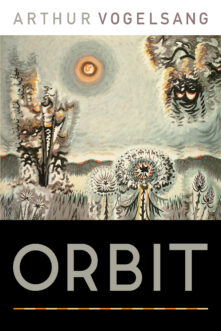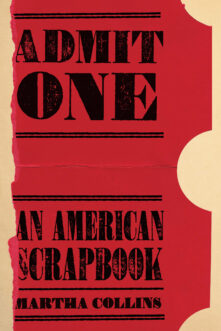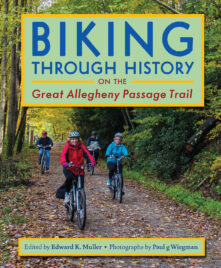Books
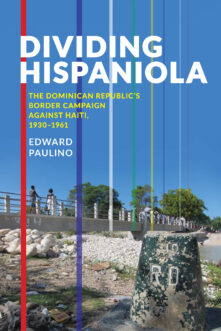
Dividing Hispaniola
The Dominican Republic's Border Campaign against Haiti, 1930-1961
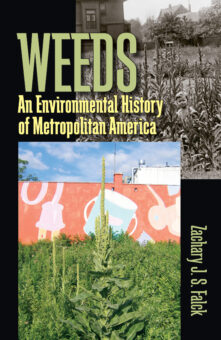
Weeds
An Environmental History of Metropolitan America
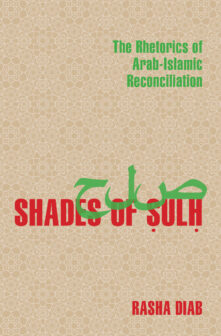
Shades of Sulh
The Rhetorics of Arab-Islamic Reconciliation
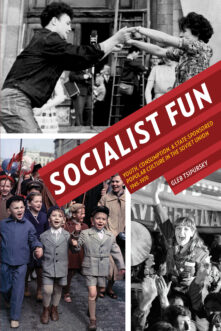
Socialist Fun
Youth, Consumption, and State-Sponsored Popular Culture in the Soviet Union, 1945–1970
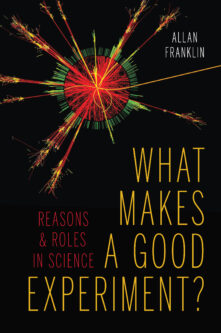
What Makes a Good Experiment?
Reasons and Roles in Science
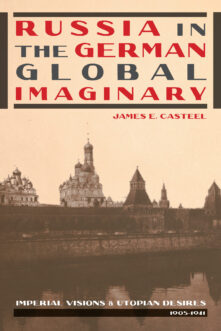
Russia in the German Global Imaginary
Imperial Visions and Utopian Desires, 1905-1941
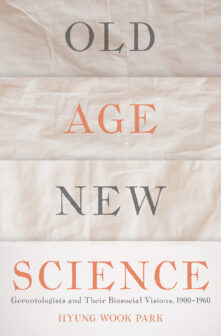
Old Age, New Science
Gerontologists and Their Biosocial Visions, 1900-1960
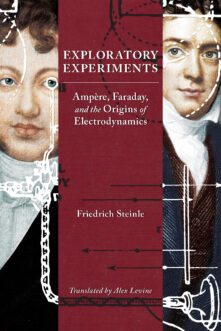
Exploratory Experiments
Ampère, Faraday, and the Origins of Electrodynamics
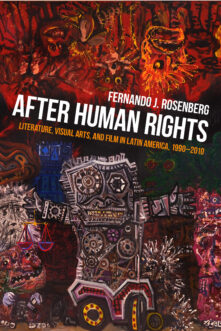
After Human Rights
Literature, Visual Arts, and Film in Latin America, 1990-2010
Total 1559 results found.


